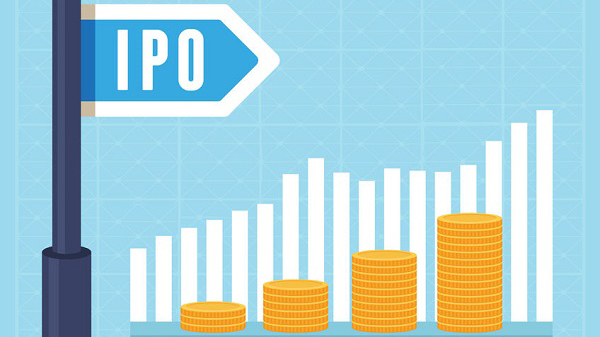Credit reports
If you apply for a credit card, mortgage or personal loan, the bank or financial institution will probably review your credit report as part of the approval process.
A credit report generally reflects an individual’s credit and repayment record (including default repayment records), bankruptcy and other public records (e.g. litigation for debt recovery), and records of enquiry by banks or financial institutions in the last two years. If a repayment defaults for more than 60 days, the default record will be retained for five full years from the date of full settlement. Based on the credit information, the credit reference agency (CRA) will calculate your credit score.
A good credit score is important to help you secure better interest rates when applying for credit; in contrast, banks and financial institutions may charge higher interest rates or even reject credit applications with poor scores. Job seekers should also be aware that it is increasingly common for employers to request access to credit reports to evaluate how responsible and credit worthy the candidates are.
How do credit reports work?
In Hong Kong, the credit reference operating model is called “Credit Data Smart” which is developed by the Hong Kong Association of Banks, The DTC Association, and the Hong Kong S.A.R. Licensed Money Lenders Association Limited, with the support of the Hong Kong Monetary Authority.
Under “Credit Data Smart” , the banks and financial institutions will upload the consumer credit information to the Credit Reference Platform (CRP) after seeking consent and authorization from the consumers. When a consumer applies for credit products or services, the bank or financial institution will contact the CRA to obtain the credit report of the consumer. The CRA will then download the consumer’s credit data from the CRP to compile the credit report and calculate the credit score. Click here for the selected CRAs under the Credit Data Smart.
Consumers can request a free credit report
A consumer is entitled to request a credit report from each CRA without charge in any 12-month period respective to each CRA to validate the accuracy of his/her credit information. Consumers can inquire about the application procedures with individual CRAs. Besides, if a consumer has been refused credit within the past 30 business days by a Subscribed Member of the Credit Data Smart (bank or financial institution), the consumer is also entitled to request for a free copy of a credit report from the CRA(s) which has/have provided the bank/financial institution a credit report on the consumer by presenting the credit rejection notification from the bank/financial institution. However, please note that the credit report is for consumers’ personal reference only and should not be used for credit application from any credit providers.
Maintaining a good credit score
Your credit report - and credit score - are a reflection of your overall credit history. To maintain a good credit score:
- Review your budget and current finances, check if you can afford to borrow and how much you can afford repayments
- Pay all your bills each month on time, every time. Missing payments, making late payments, debt collection and bankruptcies can have a negative impact on your credit score.
- Avoid over-borrowing and borrowing more than you can afford.
- Avoid applying for multiple credits at one time.
- Review your credit report to find out what it says about your financial health.
- Inform your lender if you're having difficulty in repaying debts, they may be able to work with you on a repayment plan.
Learn more about credit reports.




